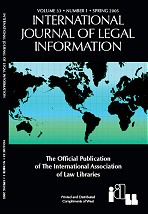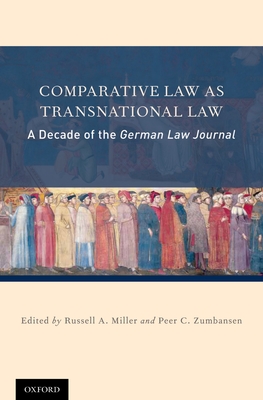
Filling the Gaps: The Study of Judicial Creativity and Equity in Mixed Jurisdictions and Beyond
Catania, Italy - May 27-28, 2013
NOTE THAT THE CALL FOR ABSTRACTS HAS BEEN EXTENDED TO MARCH 8, 2013 (SEE BELOW)
The conference explores the sources, methods and approaches used by the courts in mixed jurisdictions when they face a lacuna in the law, ie when they arrive at a case of first impression without a legal rule.
The following questions are meant to be suggestive, not exhaustive.
- What differences exist in the approaches to gap-filling in mixed, civilian and common law systems?
- What differences in technique exist within the mixed jurisdictions themselves, eg between codified systems and uncodified systems?
- To what extent is the borrowing of common law solutions taken to be "equity" or gap-filling? Is this considered a legitimate form of equity?
- To what extent is "equity" understood as a civilian concept? Is it fully divorced from the "Equity" of the common law?
- How are gaps defined, revealed or recognized? Is their existence a precondition of equitable activity? Is there a taxonomy of gaps?
- Is there an established procedure, a Directory Provision, a hierarchy of sources to be consulted, or is the process of gap-filling left entirely to the discretion of the judge?
- To what extent is this form of judicial activity synonymous with the production of seminal and leading cases?
- Which substantive fields of the law are particularly fertile for gap-filling?
Papers that explore gap-filling in either single or multiple fields of private or public law are welcome.
We invite you to submit a 1-2 page abstract of your paper by email to the selection committee c/o Ms. Anna Koppel, Director of Research and Development, The Protection Project (akoppel1@jhu.edu) no later than March 8, 2013.
Authors of accepted abstracts will be notified by March 15, 2015, and invited to present their papers at the conference. The expenses of conference speakers will be covered by the organizers.
Conference proceedings will be jointly published by The Protection Project, the World Society of Mixed Jurisdictions Jurists, and the Eason Weinmann Center for Comparative Law.
 Ian Ramsay's 'SSRN and Law Journals - Rivals or Allies?'
Ian Ramsay's 'SSRN and Law Journals - Rivals or Allies?'  is now available:
is now available:






